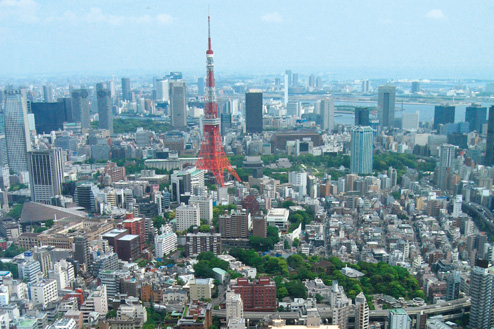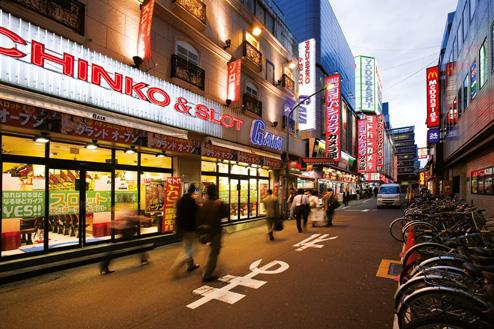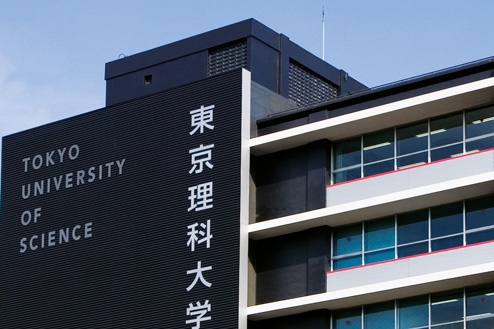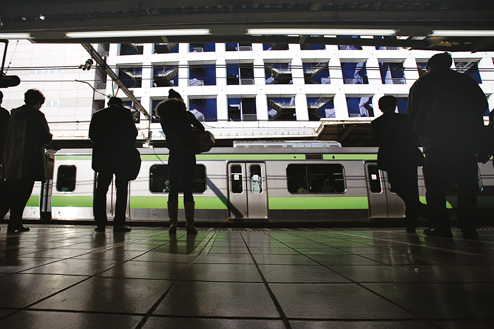Bank Accounts
Domestic banks such as Bank of Tokyo-Mitsubishi UFJ, Sumitomo Mitsui Banking Corporation, and Mizuho Bank are the most visible, although some banking services are available from international banks such as Citibank and HSBC. Most banks offer services from basic accounts to foreign currency accounts and retirement schemes. Japan Post Bank (the banking section of the recently privatised postal service) also provide banking services that are popular and easily accessible via the JP-Bank ATMs in post offices. Japan is traditionally a cash-based society, but ATM cards are now standard, credit cards are becoming more common, and IC and e-cash cards are gaining popularity. Cheque-based transactions carry hefty fees of up to several thousand yen per transaction and are rare. Instead, most people use a standard account to send and receive electronic transfers for salary and bill payments.
Most banks do not require a minimum balance to open a standard account, though there may be a monthly fee if the balance falls below a certain amount. You will need to bring your Certificate of Alien Registration card, and some banks may require additional identification such as a passport with visa, or inkan stamp. ATM transactions often carry nominal fees for weekend or holiday transactions, or transactions made at an ATM of another bank. The main domestic banks offer online and telebanking, though these services are usually only offered in Japanese. Banking hours are Monday to Friday, 09:00 to 15:00. ATMs can be found at banks and also in supermarkets, shopping centres, department stores, and more recently in many convenience stores, and most operate round the clock. Unfortunately, foreign credit and debit cards can only be used at the international ATMs, mostly found in post offices and a few other locations, making it imperative to have a card issued from a Japanese bank. Banks are closed on national holidays and weekends, and virtually all banking is halted and ATMs are closed from 1 to 4 January for New Year.
Most banks do not require a minimum balance to open a standard account, though there may be a monthly fee if the balance falls below a certain amount. You will need to bring your Certificate of Alien Registration card, and some banks may require additional identification such as a passport with visa, or inkan stamp. ATM transactions often carry nominal fees for weekend or holiday transactions, or transactions made at an ATM of another bank. The main domestic banks offer online and telebanking, though these services are usually only offered in Japanese. Banking hours are Monday to Friday, 09:00 to 15:00. ATMs can be found at banks and also in supermarkets, shopping centres, department stores, and more recently in many convenience stores, and most operate round the clock. Unfortunately, foreign credit and debit cards can only be used at the international ATMs, mostly found in post offices and a few other locations, making it imperative to have a card issued from a Japanese bank. Banks are closed on national holidays and weekends, and virtually all banking is halted and ATMs are closed from 1 to 4 January for New Year.













